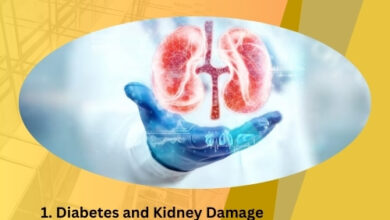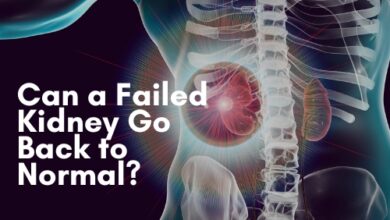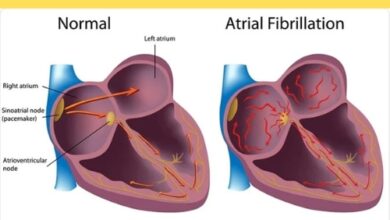Scientists Debunk 4 Popular Myths About the Safety of Intermittent Fasting

By conducting thorough clinical investigations, researchers dispel beliefs regarding intermittent fasting and establish that it is safe and effective in not changing diets, developing eating disorders, causing muscle loss, or modifying sex hormones.
Four widespread myths about the safety of intermittent fasting have been disproved by University of Illinois at Chicago researchers in a recent article.
An increasingly common strategy for weight loss without calorie counting is intermittent fasting. It’s also safe, according to a substantial body of research. Nevertheless, a few misconceptions regarding fasting have become widespread among medical professionals, writers, and the general public. These include the claims that fasting lowers sex hormones, causes eating problems, or results in a bad diet or loss of lean muscle mass.
Researchers from UIC refute each of these in a recent editorial published in Nature Reviews Endocrinology. Their results are based on a combination of their own and other people’s clinical trials.
“I’ve been researching intermittent fasting for 20 years, and people always ask me if these diets are safe,” UIC professor of kinesiology and nutrition and primary author Krista Varady said. There’s a lot of false information floating around. But those theories are merely based on subjective opinion; they are not supported by science.
Types of Intermittent Fasting and Its Safety
Intermittent fasting comes in two primary forms. When someone practices alternate-day eating, they alternate between days when they consume relatively few calories and days when they consume as many as they like. In time-restricted eating, individuals consume what they want to eat for four to ten hours per day and then abstain from eating for the remainder of the day. Despite common misconceptions, the researchers find that both forms are safe.
Here are some of their findings:
The researchers cite data demonstrating that consumption of sugar, saturated fat, cholesterol, fibre, sodium, and caffeine does not alter during intermittent fasting in comparison to pre-fasting. This suggests that intermittent fasting does not result in a poor diet. Additionally, there is no change in the proportion of energy ingested by fat, protein, or carbs.
Eating disorders are not induced by intermittent fasting: No study found that participants who fasted also developed eating problems. Those with a history of eating disorders were excluded from all trials, though, and the researchers advise against trying intermittent fasting for those individuals. Furthermore, they advise paediatricians to exercise caution when supervising obese teenagers who begin fasting, as this demographic is particularly susceptible to eating disorders.
Lean muscle mass is not excessively lost during intermittent fasting. Research indicates that persons who lose weight by fasting or diets differ in the amount of lean muscle mass they lose. Resistance exercise and consuming more protein can both prevent the loss of lean muscle in both situations.
There is no impact of intermittent fasting on sex hormones: The researchers noted that fasting has no effect on oestrogen, testosterone, or other associated hormones, despite worries about libido and fertility.
Reference: Krista A. Varady, Shuhao Lin, Vanessa M. Oddo, and Sofia Cienfuegos, “Debunking the myths of intermittent fasting,” Nature Reviews Endocrinology, June 19, 2024.




